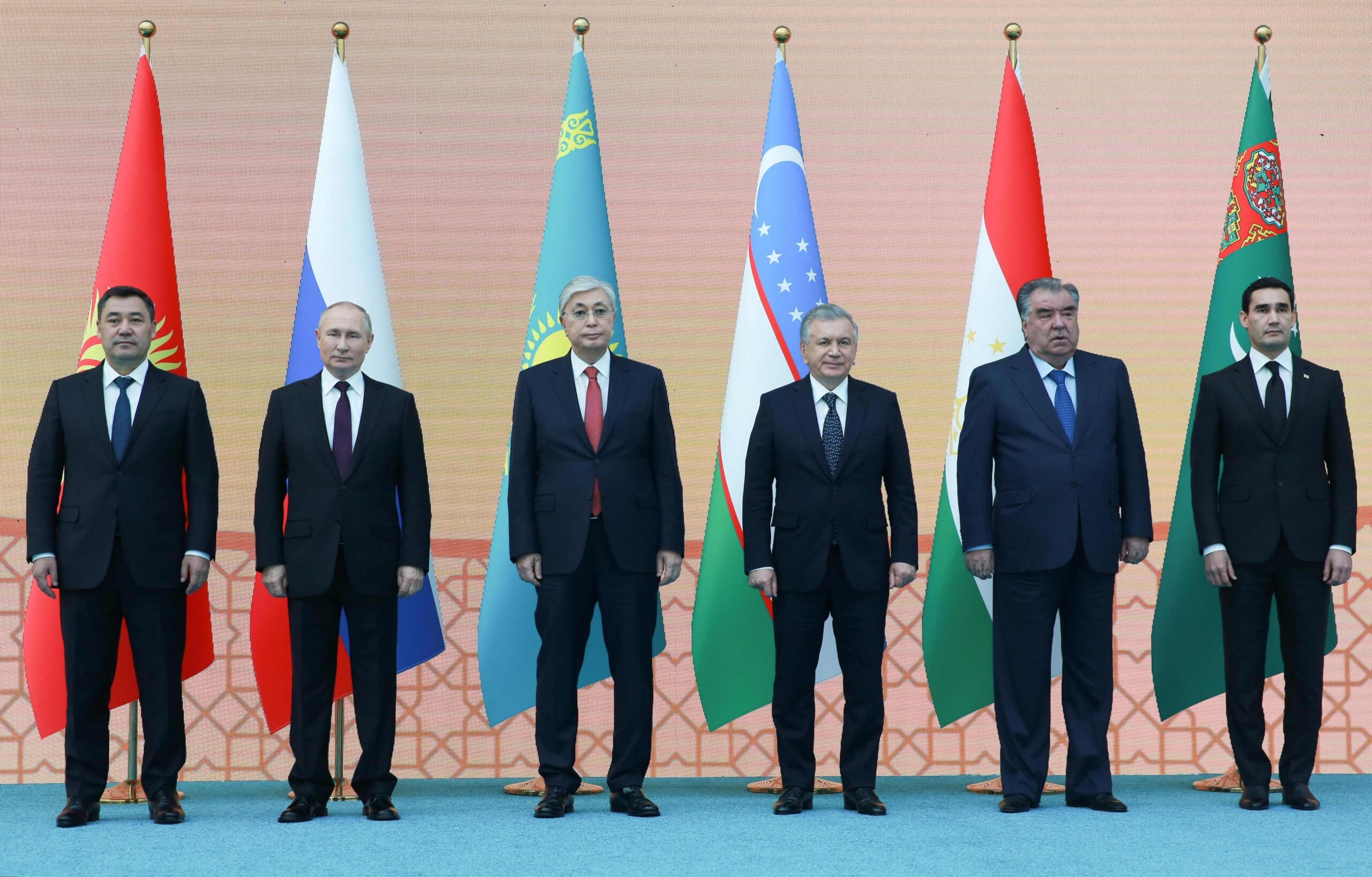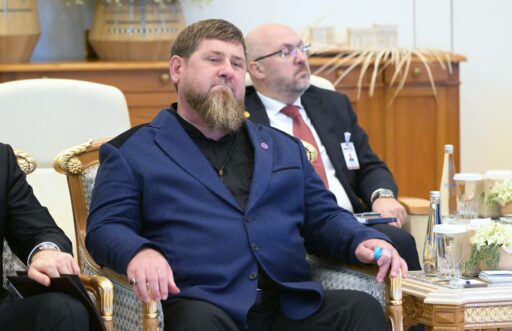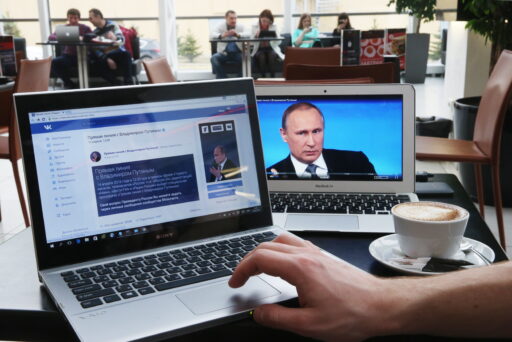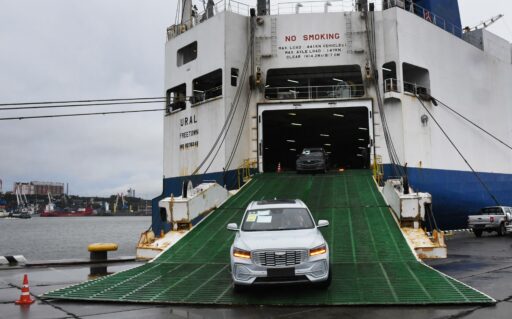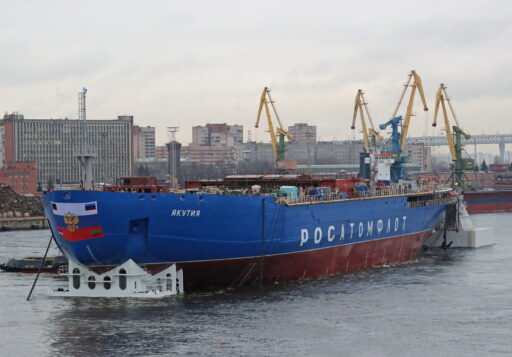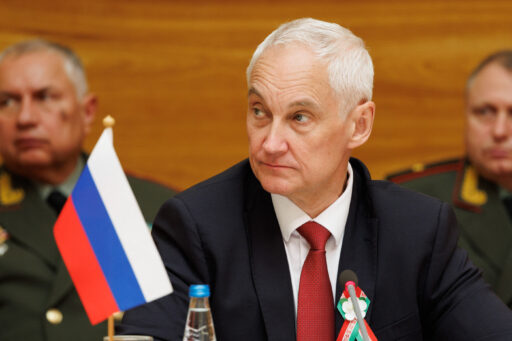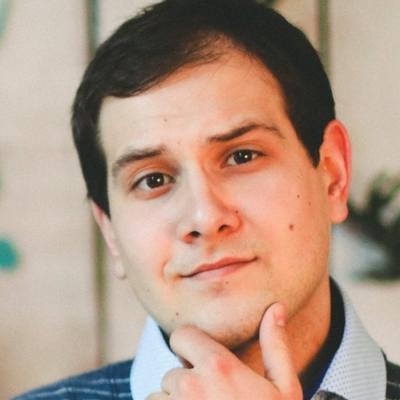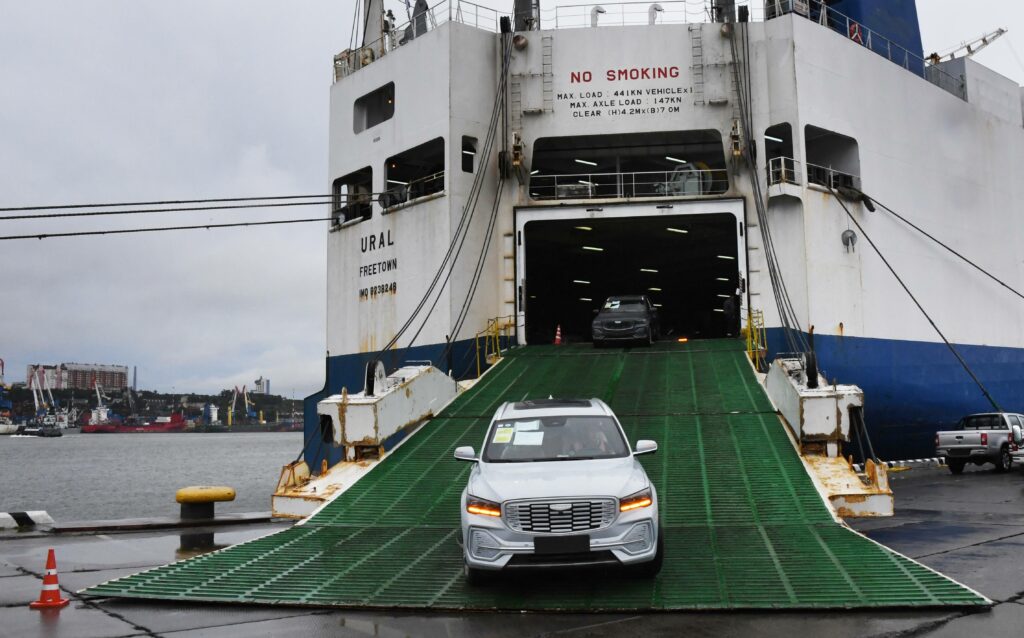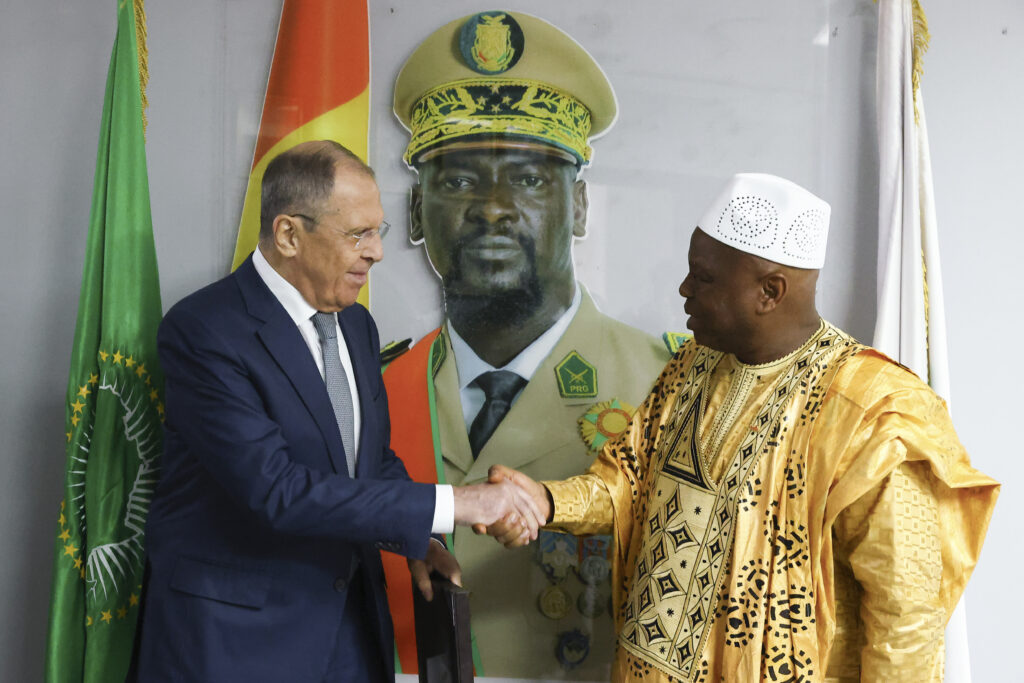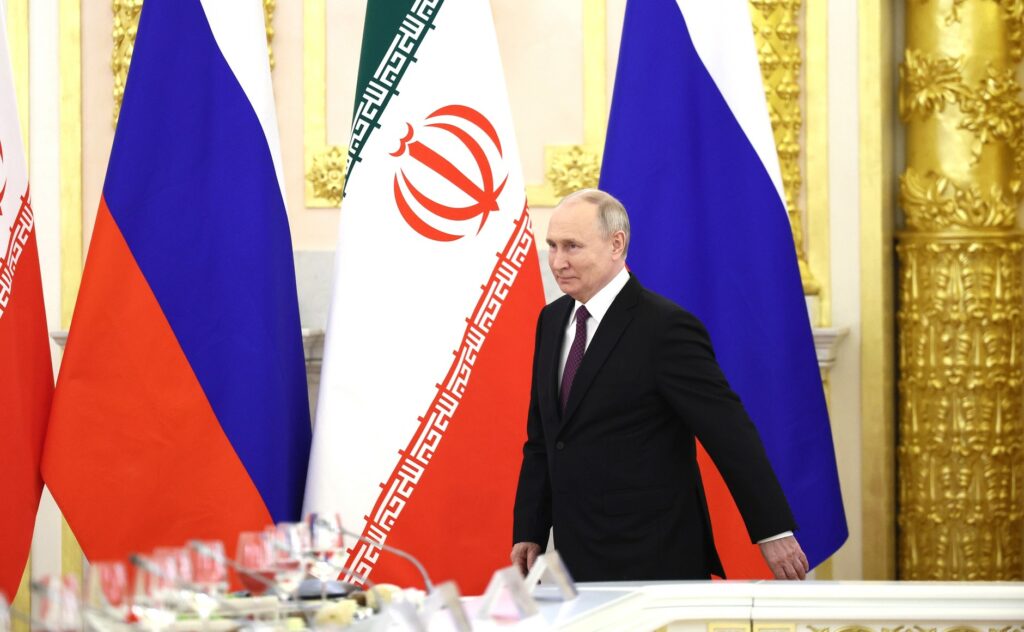The news that came last week, which abounded in international events, showed a clear trend: Russia’s policies are increasingly forcing the post-Soviet countries to go for choices they are reluctant to make. Previously, they managed to keep silent about the developments in Ukraine or made telling statements about the need to end the conflict as soon as possible. And yet now, each country is forced to find a niche for itself and either cling even closer to Moscow or pull away from it. The list of countries that have decided to sustain solidarity with Moscow is very short indeed: it consists of Belarus only. This is not surprising: ever since the 2020 protests, the Belarusian leader Alexander Lukashenko has been systematically surrendering his sovereignty to Moscow in return for retaining his personal power. This process seemed to culminate in February 2022, when Belarus allowed Russian troops to launch an offensive against Kyiv from its territory (although about 1.5 years earlier Lukashenko had promised this would never happen). However, as it turns out, this was not the end. Minsk has now agreed to have Russian troops permanently stationing in its territory, a decision it had evaded in all possible ways. This step looks like an attempt to demonstrate Minsk’s solidarity with Russia in a way other than by getting directly involved in the hostilities. However, it is worth noting that the country is merely one step away from that. Another meaningful fact was that Belarus was the only post-Soviet country to vote against the UN General Assembly resolution condemning the incorporation of the Donetsk, Luhansk, Zaporizhzhia and Kherson regions into Russia, thus joining North Korea, Syria and Eritrea. Russia’s remaining allies and partners, such as Azerbaijan, Iran and Turkmenistan, either abstained or did not participate in the vote. In all appearances, Minsk is unable to change its vector. At the Astana summit (one of the three events held there on 12−14 October), it managed to break through the isolation and meet with another international leader, Erdogan. However, despite Turkey’s importance in the modern world, it can hardly play the same role as Russia for Belarus.
It is much more interesting to discuss the second group, i.e. countries that are walking away from Russia, because each has its own reason. Incidentally, while motivations are not always related to Ukraine, the discussion of any issues in the current context will inevitably boil down to it.
For Armenia and Azerbaijan, Moscow has simply become a fairly unreliable mediator in the settlement. Baku is convinced that Russia is playing up to Yerevan by pushing for a peace treaty without defining the status of Karabakh, while Yerevan is convinced that the Russian military could do far more to secure the Armenian border, not to mention the CSTO (Collective Security Treaty Organisation), which has proved completely useless over the past two years.
Russian Foreign Minister Sergey Lavrov is still trying to convince Yerevan that Armenia is simply misusing the existing legal mechanisms and that, as the CSTO chair, it should convene the organisation’s council and authorise a decision to send observers to the Armenian-Azerbaijani border. However, observers have already been found elsewhere, and without bureaucratic red tape, namely in the European Union. To demonstrate who Armenians could really rely on, French President Emmanuel Macron even went so far as to make direct accusations against Russia. «Russia intervened in this conflict (i.e. in the autumn of 2020 — author’s note), openly playing up to Azerbaijan upon Turkey’s complicity, and came back to weaken Armenia, which was close to Russia until recently. Do you understand what is going on? This is Russia’s attempt at destabilizing the situation. They want to create discord in the Caucasus in order to weaken and divide us all.» Not surprisingly, these words were harshly criticised in Moscow and Baku (further in the text, Macron said that Azerbaijan «unleashed a terrible war» for Karabakh), but not in Yerevan. Under the current circumstances, the country is cautious not to push allies away. Moreover, in 2022 there are already many people in Armenia who are willing to agree with Macron, with a declining number of those who bet on Russia.
Azerbaijan’s President Ilham Aliyev met Putin three times over the past month: in Samarkand, St. Petersburg and Astana. Each meeting proceeded smoothly, or at least without visible contradictions. It is believed that the Russian president has more respect for this particular leader than others in post-Soviet countries: Aliyev is financially independent but, at the same time, he avoids direct accusations against Moscow. Yet Azerbaijan’s embassy in Kyiv was the only one to express support for Ukraine in the wake of the missile attacks earlier last week. They also could have potentially chosen more neutral wording for the message, but they did not. «We are deeply concerned about the massive rocket attacks on major cities and other populated areas in Ukraine in recent days, saddened by the deaths of civilians caused by the strikes,» the announcement reads. «We express our sincere condolences to the families of the victims and to the people and the government of Ukraine.» Other post-Soviet countries, such as Kazakhstan and Uzbekistan, have issued statements about the missile strikes, but only for their own citizens, urging them to leave Ukraine as soon as possible.
In general, the authorities of Uzbekistan, and especially Kazakhstan, are quite capable of harsh attacks on Moscow and have been recently doing so with increasing frequency. Worth remembering is that it was President Kassym-Jomart Tokayev who spoke of «quasi-state formations» in respect of the Donetsk and Luhansk National Republics, and said that «Russia is now in a deadlock situation,» pushing young men to flee mobilisation. Last week, an extremely unpleasant story with the Ukrainian ambassador in Astana was added to this list. Back in August, the diplomat communicated with a local nationalist blogger and stated: «The more Russians we kill now, the fewer our children will have to kill.» Many people in Kazakhstan did not like these words, but it was not enough: Moscow demanded that the Ukrainian ambassador should be immediately expelled from Kazakhstan, which, in fact, directly undermines the principle of sovereignty. Being well aware of this, the Russian Foreign Ministry nevertheless summoned the Kazakh ambassador to present claims about the «Bandera emissary,» but, instead of obeying, Kazakhstan issued a mirror response, summoning the Russian ambassador «for a tough talk.»
Attempts to view Moscow as a senior partner are still being made in Kyrgyzstan, if only because there are no other candidates for this role. The West is too far away, unlikely to be able to help quickly in case of a real threat. China, on the contrary, is too close and its expansion is the main fear for any Kyrgyz, periodically expressed in demands not to sell land and not to issue Kyrgyzstan citizenship to the Chinese (although, in fact, most applicants are actually Kyrgyz as well as Xinjiang Uyghurs). However, Russia’s actions have generated doubts even among the Kyrgyz. Their border conflict with Tajikistan has recently aggravated and its leader, Emomali Rahmon, is viewed by many as a reflection of Putin: the same kind of an eccentric autocrat wrapped up in his own ideas.
When Kyrgyzstan President Sadyr Zhaparov learned that Putin had awarded Rahmon with the 3rd class order «For Services to the Fatherland» for his «great personal contribution to the relations of strategic partnership and alliance between Russia and Tajikistan, as well as to regional stability and security,» he made a brave decision not to attend the Russian president’s birthday party organised at an informal CIS summit in St. Petersburg. At the same time, Bishkek also cancelled the planned CSTO exercises — otherwise, the Tajiks would have had to be invited. In the meantime, the public image of Putin and Rahmon as an alliance of bloodthirsty dictators has become even more entrenched among the public. Attempts at convincing people that Russia is not really siding with Tajikistan but is simply too busy with Ukraine and cannot deal with other conflicts are unlikely to bring the desired result.
This concourse of circumstances might inspire hopes that at least relations between Russia and Tajikistan are solid. However, the Astana summit showed that this was not the case, either. During the summit, Rahmon, usually taciturn, unleashed a torrent of criticism against Moscow. «About this modest forum in Tajikistan, excuse me. I gave instructions to the Ministry of Foreign Affairs. I even talked to you saying that (Russian representatives should be present — author’s note) at least at the level of ministers. But no, they were present at the level of deputy ministers. Is that what Tajikistan deserves as a strategic partner? Is this how we act?» Emomali Rahmon started speaking of a concrete example but without specifying what he meant. And then he moved on to systemic accusations. «Our population might not reach 100 or 200 million but we want to be respected. Did we violate anything? Did we greet anyone in a wrong way? We have always respected the interests of our main strategic partner. And we want to be respected in return. Are we some kind of aliens or what? No need to invest a lot of money in us, Mister Putin, I ask you not to treat Central Asia like we are the former Soviet Union.» In a lengthy monologue, Rahmon listed literally all of Russia’s policy priorities in the region, such as stationing military bases and continuing education in the Russian language, but concluded that even if these rules are followed this would still not guarantee a proper response from Moscow. While listening to this, the young leader of Turkmenistan, Serdar Berdimuhamedow, could not hide a smile, which is also recorded in the «document of the era.» By the way, everything that was said was in complete contradiction with the document signed at the same meeting. The text reads that the countries of Central Asia and Russia had developed «a mature level of alliance or strategic partnership based on respect, equal rights, consideration of each other’s interests and mutual assistance.»
It is difficult to say whether the speech was intended for a wide audience or not — the journalists of the Kazakhstan media source that published it actually recorded the broadcast from a monitor using their phone. Such monitors are commonly found in press-centres at major international events, and in theory, everything that is shown there can be viewed as public information. However, it is also possible that there was an oversight by the organisers, who may have forgotten to switch the broadcast off at the right moment.
It is hard to identify the last straw that made Tajikistan’s president deliver such a speech, but it is absolutely certain that Dushanbe, Tashkent and Bishkek are extremely unhappy with the call for migrants to sign military contracts in exchange for Russian citizenship. The sad consequences of this idea are yet to be seen when the first mobilised migrants get captured in Ukraine, putting absolutely everyone in an awkward position. One terrible incident has already occurred — the execution of eleven mobilized at the training ground near Belgorod, in which citizens of Tajikistan are suspected. Now in Dushanbe they are checking this information and it is possible that they will come to very unpleasant conclusions as a result.
To a certain extent, Moscow’s role in the region is also undermined by another factor, namely Afghanistan. During the year that passed since the Taliban terrorist movement came to power, everyone became convinced that the Taliban do not pose any particular threat to the region and therefore there is no need to seek Moscow’s protection.
The situation in Eurasia outside the former Soviet Union is not much different. There is a strong view that the Shanghai Cooperation Organisation (SCO) summit in Samarkand in September, where Putin had an opportunity to talk to the region’s major players, i.e. China, India and Iran, did not produce the desired results. In fact, the countries which do not share and are indifferent to Western values are guided by an equally elusive criterion, namely real power that cannot be challenged. And considering the situation on the Ukrainian fronts and the beginning of harassment targeting perfectly loyal Putin’s military correspondents, Russia has a big problem with this as well. «Where European, Western countries or Russian humanitarian public opinion see crime, misfortune, and the norms of humanism being trampled upon, all kinds of less liberally-minded powers simply see a weak country,» political scientist Ekaterina Shulman said in her recent speech at the Tver Live Word Lecture Hall, noting that she has «no joyous feeling or even schadenfreude» about this.
This confrontation is not yet over. It cannot be ruled out that, having somehow ended the acute phase in Ukraine, Moscow will start to establish a new order in the post-Soviet space. However, the fact that Putin can be openly challenged will be remembered, even by those who were previously afraid to even think about it. Meanwhile, the agreement with Turkey on the construction of a «gas hub» on its territory is not a diplomatic victory, but, rather, a move that strengthens dependence on Ankara, which is turning into the main link between Russia and the rest of the world. There is no doubt that, when the time is right, the «Turkish partners» will present a hefty bill for this service.
